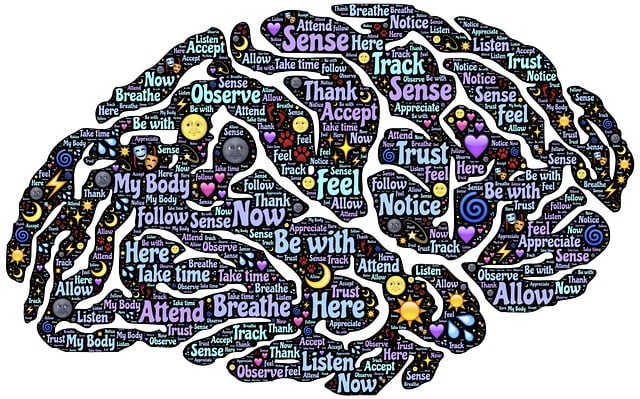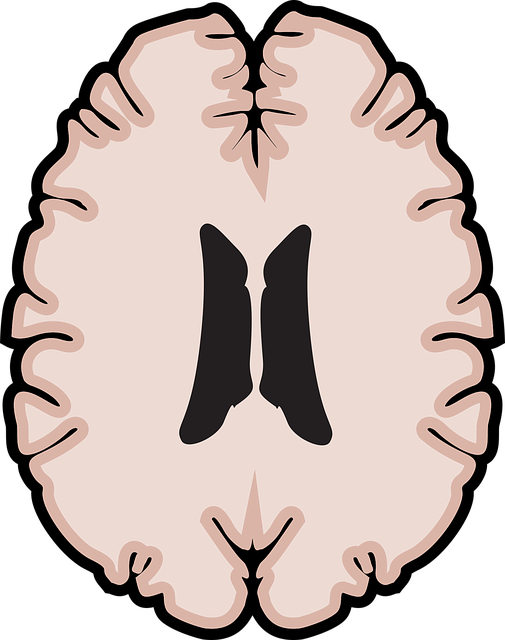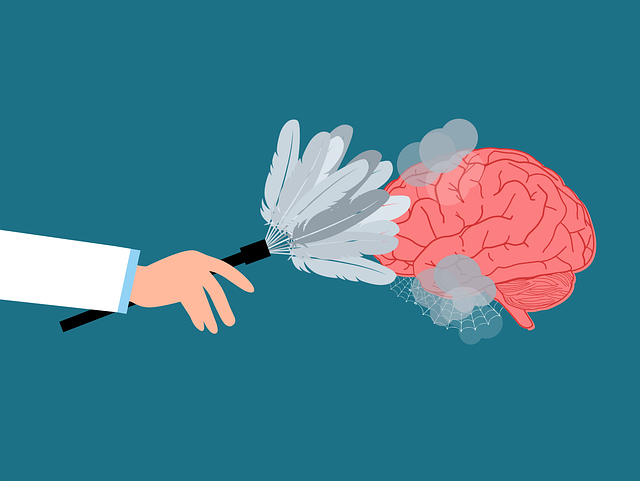Arvada Learning Disability Therapy (ALDT) tackles the significant impact of stress on learning and cognitive function for individuals with learning disabilities. Using holistic, evidence-based strategies, ALDT teaches effective stress management techniques like mindfulness, relaxation exercises, and positive thinking to build resilience. Their workshops empower students to take control of their mental well-being, enhancing learning experiences and fostering personal growth through tailored interventions that include social skills training and self-care habits.
“In the realm of Arvada Learning Disability Therapy, understanding and managing stress is paramount to fostering a supportive learning environment. This article explores effective stress management techniques, offering valuable insights for educators and therapists. We delve into the impact of stress on learning, providing a foundation for teaching students coping strategies. Furthermore, we present practical activities and tools to mitigate stress during therapy sessions. Additionally, we emphasize the importance of building resilience and self-care habits as long-term solutions, ensuring students with learning disabilities thrive in an often challenging academic landscape.”
- Understanding Stress and Its Impact on Learning: A Basis for Teaching Effective Management Techniques in Arvada Learning Disability Therapy
- Practical Strategies for Stress Mitigation: Engaging Activities and Tools for Students in Therapy
- Fostering Resiliency and Self-Care Habits: Long-term Solutions for Managing Stress in the Context of Learning Disabilities
Understanding Stress and Its Impact on Learning: A Basis for Teaching Effective Management Techniques in Arvada Learning Disability Therapy

Stress is a common experience for many individuals, but its impact on learning and cognitive functioning can be significant, especially for those with learning disabilities. In Arvada Learning Disability Therapy, understanding the intricate relationship between stress and learning is a foundational step in teaching effective stress management techniques. When left unaddressed, elevated stress levels can hinder concentration, memory retention, and problem-solving skills, making it imperative to equip individuals with strategies to manage their stress effectively.
By promoting mental health awareness and incorporating self-awareness exercises into their practice, therapists in Arvada Learning Disability Therapy can help clients recognize the signs of stress and develop healthy coping mechanisms. These practices may include mindfulness techniques, relaxation exercises, or even group discussions to foster a supportive environment where individuals learn to navigate stress-inducing situations with resilience. Stress management workshops organized by such therapy centers play a crucial role in empowering participants to take charge of their mental well-being and improve their overall learning experience.
Practical Strategies for Stress Mitigation: Engaging Activities and Tools for Students in Therapy

At Arvada Learning Disability Therapy, we recognize that stress is an inevitable part of life, especially for students navigating academic demands and personal challenges. That’s why our therapists emphasize practical strategies to help young individuals manage stress effectively. We believe in a holistic approach that combines engaging activities and evidence-based tools tailored to each student’s unique needs.
One of the key techniques we employ is teaching Mind Over Matter principles, encouraging students to reframe their perspective on stressors. By cultivating positive thinking, students can transform challenging situations into opportunities for growth. Our therapists introduce various coping mechanisms such as mindfulness exercises, progressive muscle relaxation, and visualization techniques, which have been shown to significantly reduce stress levels. These activities not only help students gain control over their emotional responses but also foster a sense of self-efficacy in managing stressors independently.
Fostering Resiliency and Self-Care Habits: Long-term Solutions for Managing Stress in the Context of Learning Disabilities

In the context of learning disabilities, fostering resilience and implementing effective self-care habits are paramount for long-term stress management in education. Arvada Learning Disability Therapy recognizes that students with learning disparities often face unique challenges that can lead to heightened stress levels. Through tailored interventions, therapy programs aim to empower individuals with coping mechanisms and adaptive strategies. This includes integrating social skills training and empathy-building strategies to enhance peer interactions and reduce social anxiety, which are significant contributors to overall well-being.
By promoting self-care practices such as mindfulness exercises, regular physical activity, and structured routines, students gain tools to navigate academic demands more effectively. Additionally, community outreach program implementations can foster a sense of belonging and provide additional support systems, ensuring that individuals with learning disabilities have access to resources beyond the classroom setting. These holistic approaches not only mitigate stress but also encourage personal growth and resilience in the face of educational challenges.
Arvada Learning Disability Therapy emphasizes the profound connection between stress management and academic success. By understanding the impact of stress on learning, therapists equip students with practical strategies like mindfulness exercises and engaging activities to mitigate stress effectively. Furthermore, fostering resiliency and self-care habits provides long-term solutions, enabling students to navigate academic challenges with greater ease and confidence, ultimately enhancing their overall educational experience in Arvada Learning Disability Therapy.











